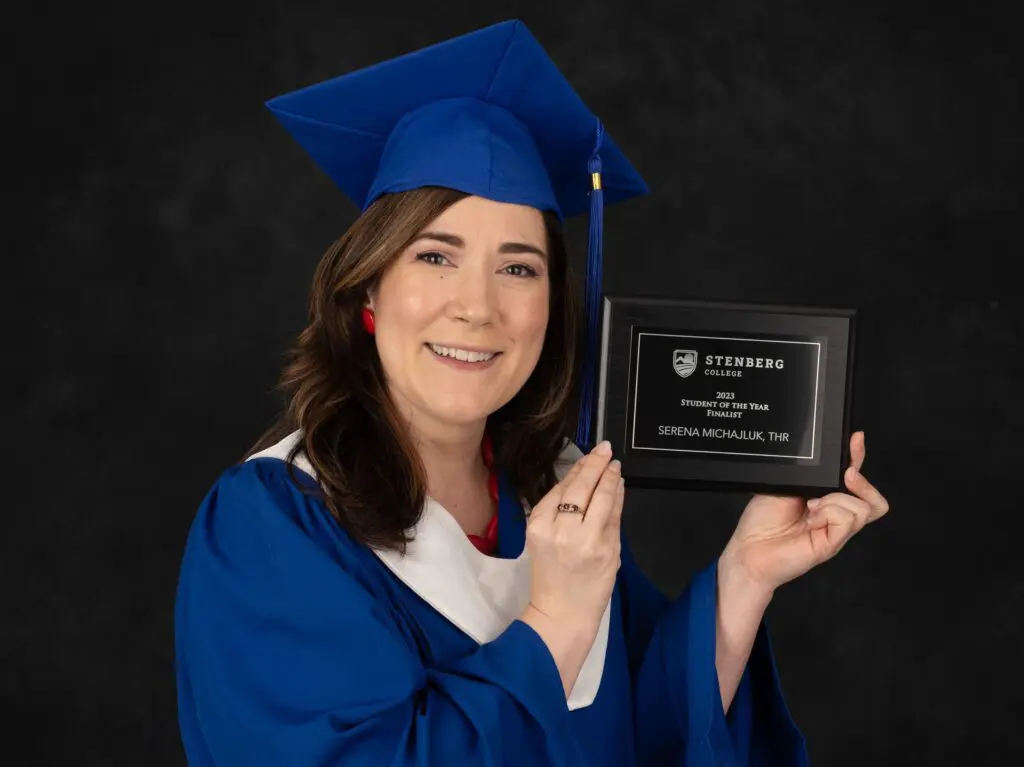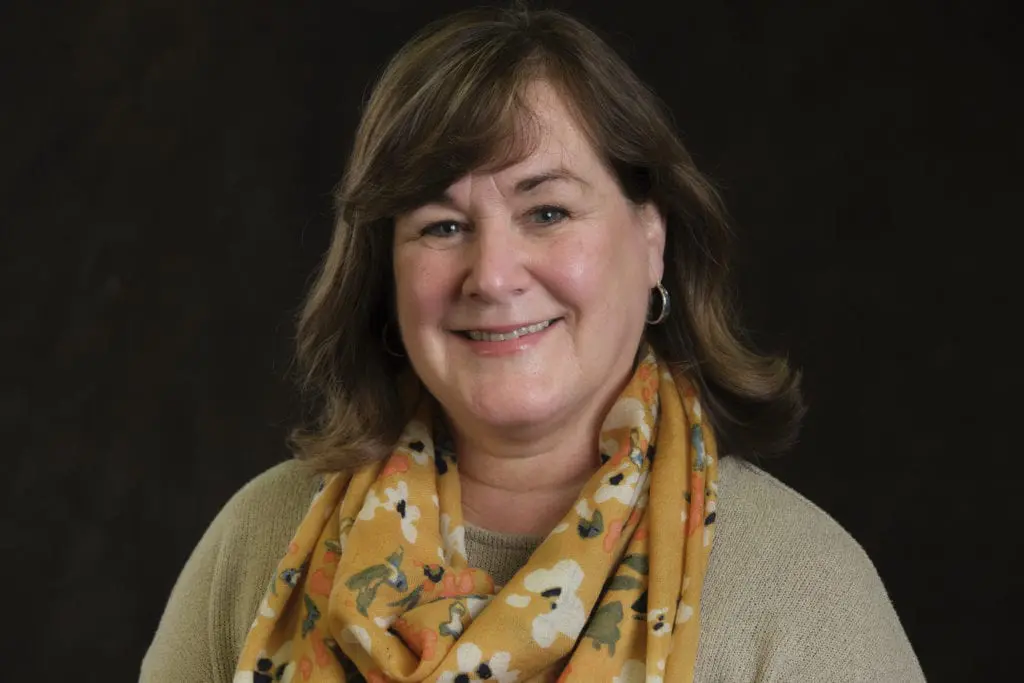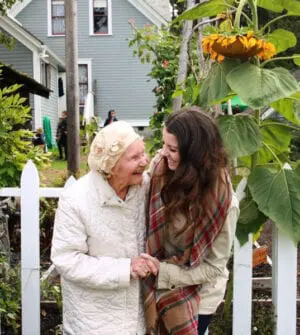This September marks the fourth international World Alzheimer’s Month—a time for care professionals to reflect on the progressive dementia affecting more and more people worldwide.
If you’re considering a diploma in gerontology, this month offers an opportunity to learn about a disease impacting many of the patients you’ll encounter throughout your career. Understanding its causes will allow you to approach this aspect of your future work with greater compassion and expertise.
There is currently no cure for Alzheimer’s disease or dementia’s other forms, but research has pinned down key causes and treatments that gerontology professionals can use to ease symptoms. Read on to learn the ins and outs of how dementia affects the aging population in your community.
Gerontology: Unravelling Dementia’s Causes
Dementia is an umbrella term for progressive brain syndromes which affect memory, thinking, behaviour, and emotion. It is sometimes caused by traumatic brain injuries, strokes, or chronic substance abuse. But in the vast majority of cases, science can only speculate about what triggers the disease.
Gerontology research now indicates that genes may contribute to a person’s susceptibility to dementia. And aging appears to be dementia’s biggest and most unavoidable cause. It is estimated that up to 50 per cent of Canadians in their 80s suffer from some degree of dementia.
Once you have earned your diploma, you can secure work in assisting living units, community and senior centres, long term care facilities, or rehabilitation centres. The aging residents of these facilities will certainly include individuals with dementia. Gerontology courses will teach you how to promote their best quality of life, through specialized therapeutic recreation.
Dementia’s Most Common Form: Cortical
Alzheimer’s and Creutzfeldt-Jakob disease are two forms of cortical dementia, and account for the vast majority of types of dementia you will encounter during your career.
They involve damage to the cerebral cortex; the outer layer of the brain that stores critical thinking abilities like memory and language. Deposits of protein fragments (“Lewy bodies”), twisted strands (“tangles”) and outer nerve cell deaths are evident in brains of those with cortical dementia. They cause the impaired communication skills, disorientation, and confusion that people typically associate with Alzheimer’s disease.
Deeper Dementia Dimensions: Subcortical
Not all dementia looks the same. People with subcortical dementias that often come with Parkinson’s disease, Huntington’s disease, and AIDS face slowed mental processes, not lost ones. Their dementia slows down their thinking speeds by disrupting parts of the brain beneath the cortex.
Nerve cells in the front and side regions of the brain are especially affected. Patients with subcortical dementia face an inability to initiate activities or sleep deeply without disturbances, and may even experience well-formed visual hallucinations. Gerontology professionals are responsible for promoting their independence and well-being by creating the social and recreational environments they are no longer able to create for themselves.
A Gerontology Professional’s Challenge: Multi-Infarct Dementia
As patients age, they may develop more than one type of dementia simultaneously. Multi-infarct dementia or “mixed dementia” is an increasingly common occurrence wherein dementia affects more than one part of the brain.
A combination of abnormal protein deposits, blood vessel problems, and nerve damage prompt a blend of dementia symptoms. Patients with mixed dementia may exhibit a complex range of health and behaviour symptoms requiring extra care and attention.
Gerontology’s Role in Dementia Treatment
There are currently no medical treatments for dementia—making the care work of gerontology professionals all the more pressing.
Studies show a healthy environment that promotes physical, mental, and social activity is the best way to ease the progression of dementia’s symptoms. With the right training, you can implement the therapeutic recreation programs that truly make a difference in the lives of people with dementia.
Are you interested in pursuing online gerontology training? Visit Stenberg for more information or to speak with an advisor.
Click the link to learn more about Therapeutic Assistant Diploma Program (Gerontology Specialization).










